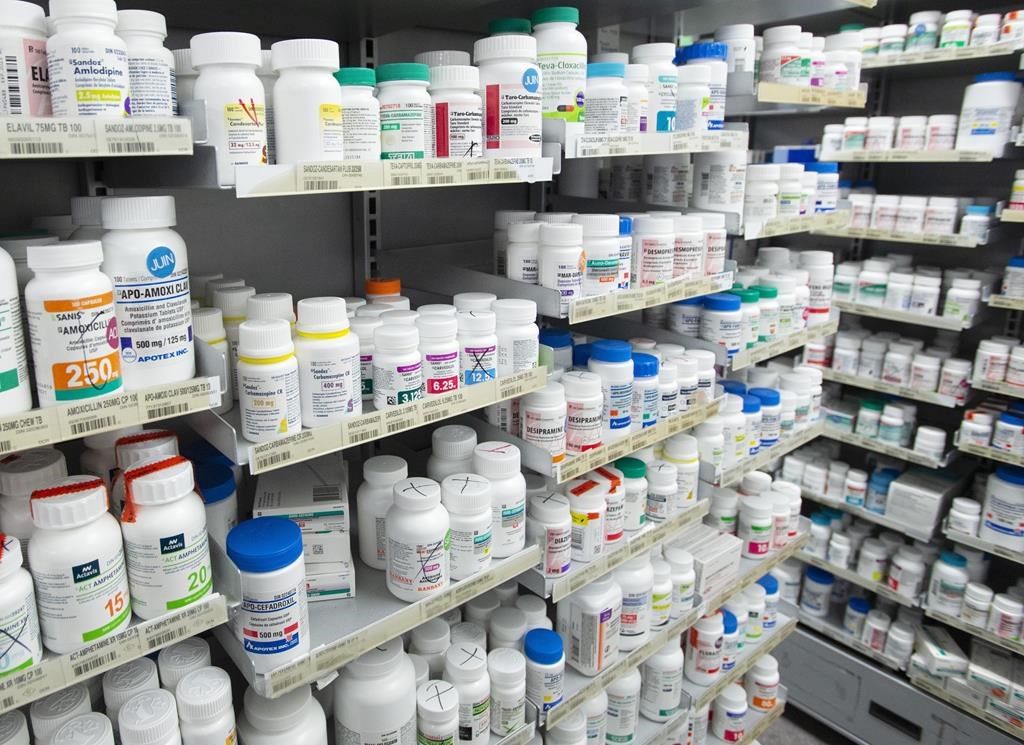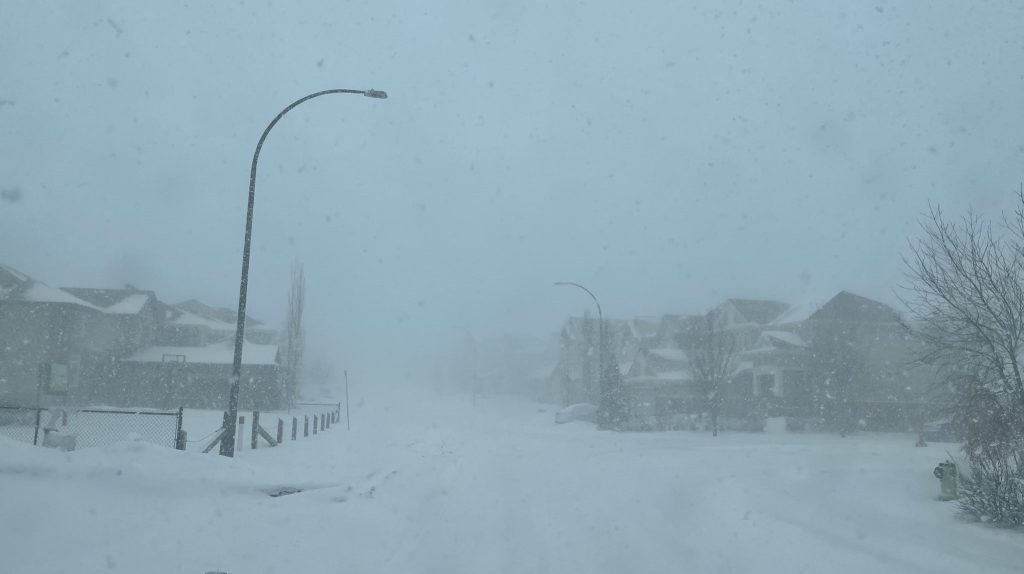Calls grow for national pharmacare after poll finds Canadians can’t afford medication

Posted Feb 14, 2024 8:14 am.
There are deepening demands that the federal government roll out a national pharmacare program after two leading Canadian medical groups found some people are skipping their medication because it’s too expensive.
The Heart & Stroke Foundation and the Canadian Cancer Society commissioned a poll that revealed nearly one-quarter of people surveyed reported splitting their pills, skipping a dose, or not filling or renewing a prescription because it’s too expensive.
Due to this, people with chronic conditions may end up in crowded emergency rooms, the poll found.
“It may not be you today, but if you know four people, there’s a strong chance you know someone who is making risky trade-offs because they don’t have prescription drug coverage. It’s time for the federal government to step up and change that with national pharmacare,” said Doug Roth, CEO of Heart & Stroke.
The poll also found some people don’t feel they have enough coverage, while more than one in four say they’ve had to cut back on groceries, pay their rent, mortgage, or bills, or take on debt to afford their prescriptions.
“Having to pay for lifesaving prescription medication, on top of all the other out-of-pocket costs that come with a cancer diagnosis, places a burden on people that many cannot afford,” said Andrea Seale, Canadian Cancer Society CEO.
The groups explain universal coverage would save the strained national health-care system an average of $1,488, per patient every year, by preventing unexpected trips to a hospital.
“With cancer drugs becoming increasingly more expensive because of specialized treatment, we need to ensure that people can afford the medications they need when diagnosed with cancer,” added Seale.
Political battle for pharmacare legislation
The federal New Democratic Party and Liberals have a supply-and-confidence deal, and part of that agreement hinges on the goal of introducing pharmacare legislation by Mar. 1. The two sides have been negotiating for a while, and NDP Leader Jagmeet Singh has been clear that if Ottawa doesn’t usher in the legislation, the deal is done.
Singh says having a universal, single-payer plan makes sense.
“Instead of having multiple negotiations where one province or hospital tries to buy medication separately, we all buy in bulk together as a nation — that will bring down the price. Anytime you buy in bulk, you bring down the price. We also have to negotiate prices, not just for now, but for the future,” he said.
The NDP insists the Liberals don’t like the single-payer system. “And that’s why we don’t have legislation,” NDP health critic Don Davies, who has been leading the negotiation for his party, said.
CityNews Toronto spoke exclusively with Prime Minister Justin Trudeau recently, where he shared he was confident they’ll reach a deal.
“We’re going to come to an agreement,” he said. “We’re serious about delivering for people and being there on pharmacare is an important piece of it.”
Federal Health Minister Mark Holland has raised concerns about committing to the future cost of a program like this, even if it’s not launched right away.
The anticipated annual cost is roughly $38.9 billion, which would be offset by economy-wide savings, the Parliamentary Budget Officer estimated in a report released in October.
The NDP has suggested the plan could be phased in incrementally if it only covers certain essential drugs first.
Davies said he expects to sit down with Holland this week, adding they communicate almost daily.
If the NDP’s political pact with the Liberals is broken, there are fears it could trigger an early election at a time when the Conservatives are gaining support. The next federal election is slated for Oct. 20, 2025.
–With files from The Canadian Press








